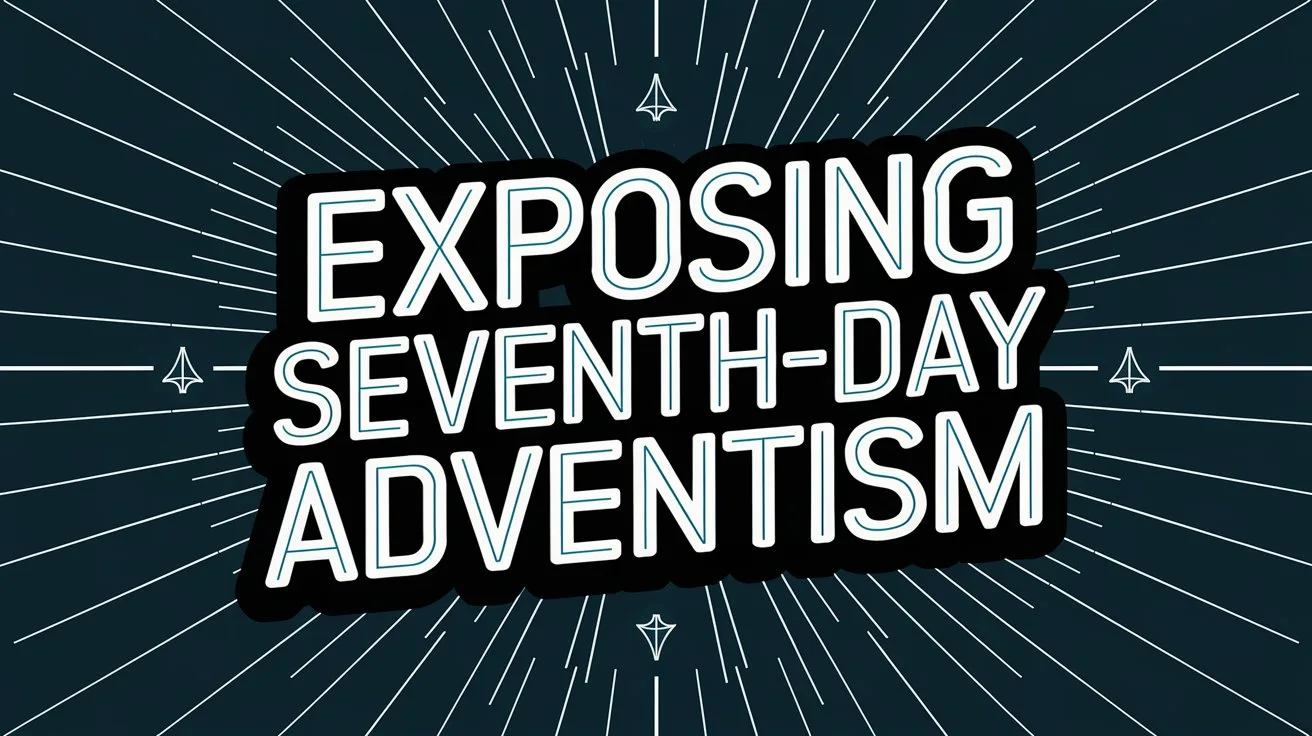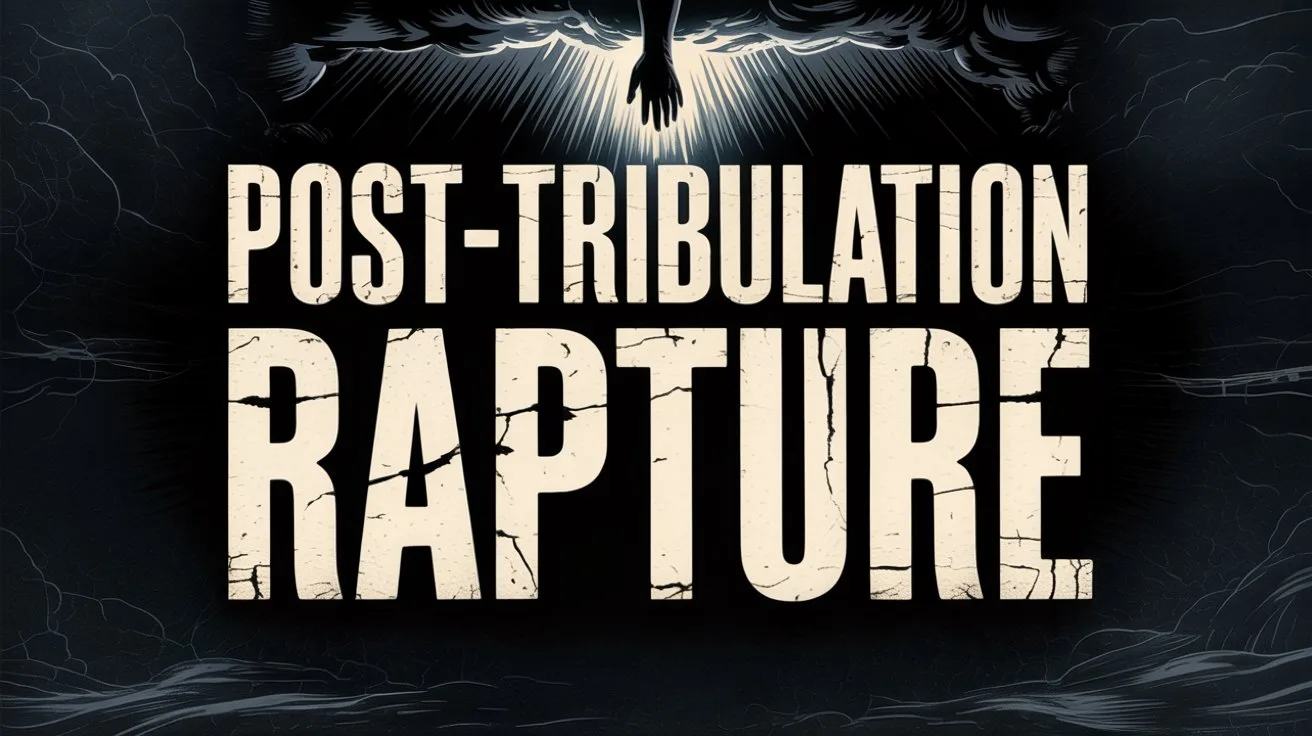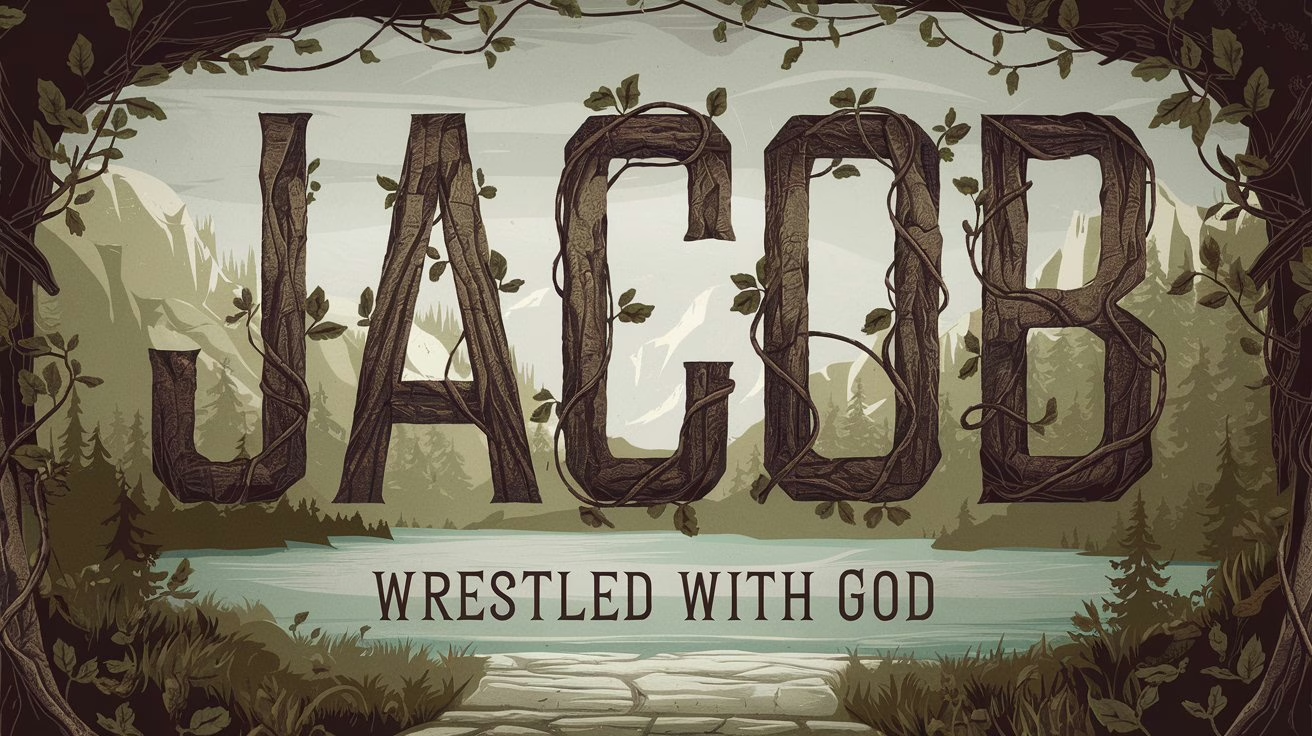Tithing is a significant topic in Scripture, rooted in the Old Testament and practiced by Israel as a part of their covenant relationship with God. However, in the New Testament, the concept of tithing shifts, emphasizing a heart of generosity rather than adherence to a fixed percentage. As believers in Jesus Christ, we understand that tithing as a legal obligation is no longer a part of the church’s mandate; yet the principles of stewardship and cheerful giving remain central to our faith. Let’s explore the journey of tithing through Scripture and understand its role in the life of a born-again believer.
The First Tithe: Abraham and Melchizedek
The first mention of tithing in the Bible occurs in Genesis 14 when Abraham gives a tenth of his spoils to Melchizedek, the king of Salem and “priest of God Most High.” Genesis 14:18-20 states:
“Then Melchizedek king of Salem brought out bread and wine; he was the priest of God Most High. And he blessed him and said: ‘Blessed be Abram of God Most High, Possessor of heaven and earth; And blessed be God Most High, who has delivered your enemies into your hand.’ And he gave him a tithe of all.”
Abraham’s act of giving a tenth of his spoils to Melchizedek was a voluntary expression of gratitude and honor to God, acknowledging that God was the source of his victory. Melchizedek, a priest without beginning or end, foreshadows Jesus Christ as our eternal High Priest. This encounter marks the first instance of tithing, showing that Abraham’s tithe was not given out of obligation but out of reverence.
Tithing in Israel: Supporting the Tribe of Levi
The formalized system of tithing was established when God instructed Israel to give a tenth of their produce, livestock, and other resources to support the tribe of Levi. The Levites were set apart for priestly service and were responsible for the tabernacle, temple worship, and teaching the Law. Numbers 18:21 says:
“Behold, I have given the children of Levi all the tithes in Israel as an inheritance in return for the work which they perform, the work of the tabernacle of meeting.”
Since the Levites did not receive a land inheritance like the other tribes, the tithe provided their livelihood. The Israelites were to bring their tithes to the temple, supporting those who ministered before God on their behalf. Additionally, there were other tithes, including one for festival celebrations and another to support the poor (Deuteronomy 14:22-29).
The Absence of Tithing in the New Testament Church
In the New Testament, there is a distinct shift in how giving is approached. Jesus, our eternal High Priest, fulfills the priesthood; and with His finished work on the cross, He establishes a new covenant. This covenant does not depend on the temple system, as Jesus Himself is now our temple and High Priest (Hebrews 7:17; 10:19-22). Consequently, the tithing system, designed to support the Levitical priesthood, is no longer applicable in the same way.
Additionally, the church is not commanded to tithe in the New Testament. While Jesus mentions the tithe in Matthew 23:23, He does so in the context of rebuking the Pharisees for their legalism and neglect of justice, mercy, and faithfulness. Nowhere in the New Testament is there a command for believers to give a fixed 10% of their income. Instead, the New Testament emphasizes a principle of giving from the heart.
Paul highlights this in 2 Corinthians 9:6-7:
“But this I say: He who sows sparingly will also reap sparingly, and he who sows bountifully will also reap bountifully. So let each one give as he purposes in his heart, not grudgingly or of necessity; for God loves a cheerful giver.”
This teaching emphasizes generosity and cheerfulness rather than a strict percentage. As believers, we are encouraged to support our local church, help those in need, and give in a way that reflects God’s grace and our gratitude, without the legal requirement of a tithe.
Jesus Is Our Sabbath, and We Are Stewards of His Blessings
Just as the tithe served a purpose under the old covenant, so did the Sabbath. However, Hebrews 4:9-10 explains that Jesus Himself is our Sabbath rest. We no longer observe the Sabbath as a legal requirement because we find our ultimate rest and fulfillment in Christ. This rest extends to our approach to giving. Instead of following a law-bound system of tithing, we recognize that everything we have belongs to God (and we are His stewards).
1 Corinthians 4:2 states, “Moreover it is required in stewards that one be found faithful.” As stewards of God’s blessings, we acknowledge that everything—our time, finances, and resources—belongs to Him. We are responsible for using these blessings to honor God in every area of our lives, including our finances.
A Call to Cheerful Giving and Generosity
For a born-again believer, giving is not merely a duty but a joyful privilege. Recognizing that God owns everything we have, we give freely, whether to support our church, help our neighbors, or provide for those in need. In doing so, we reflect God’s love and provision to the world around us.
Generosity is a central theme of the New Testament, as illustrated in Acts 2:44-45, where the early believers shared everything they had with one another. Paul reminds us in 1 Timothy 6:17-18, “Command those who are rich in this present age not to be haughty, nor to trust in uncertain riches but in the living God, who gives us richly all things to enjoy. Let them do good, that they be rich in good works, ready to give, willing to share.”
Conclusion: Living as Generous Stewards
The Bible shows us that tithing began as a voluntary act of honor and gratitude with Abraham, became a structured system to support the Levitical priesthood in Israel, and now, under the new covenant, transforms into a call to cheerful, voluntary generosity. As Christians, we no longer give out of legalistic obligation but out of love for God and a desire to be faithful stewards of His blessings.
We are called to honor God in every area of our lives, giving generously and cheerfully, knowing that all we have is His. In doing so, we move beyond the confines of the tithe and embrace a lifestyle of generosity that blesses our church, supports those in need, and glorifies God as the ultimate source of every good thing.












